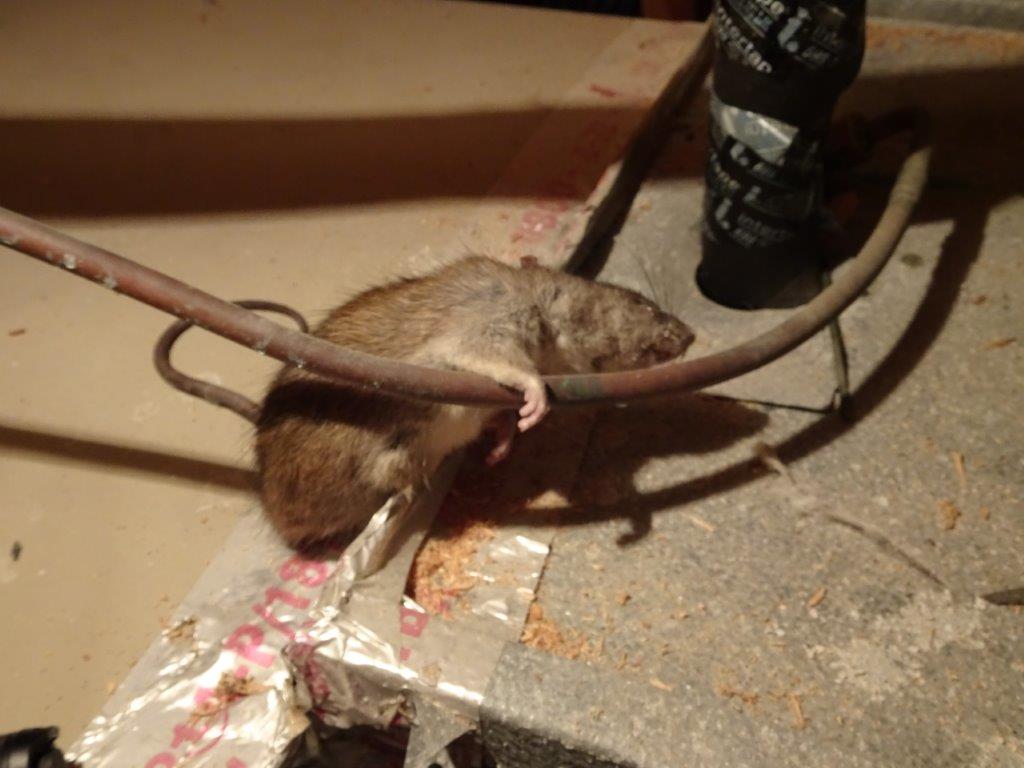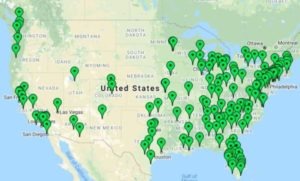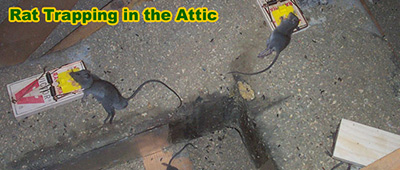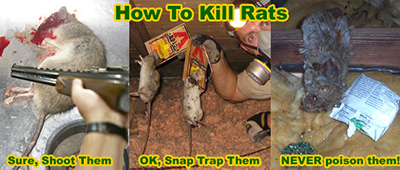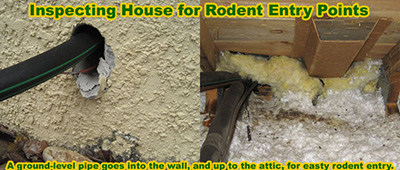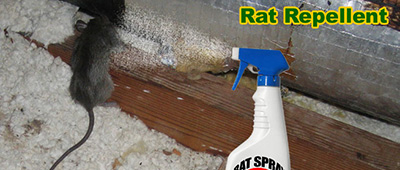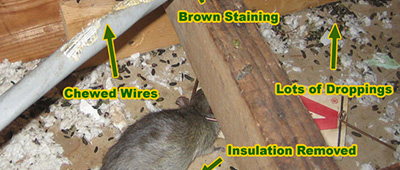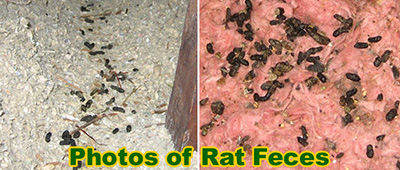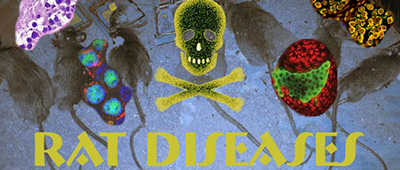I consider the rodent waste cleanup and decontamination process an important part of a complete rat control job, for four primary reasons:
ONE: The droppings can contain diseases that humans can catch.
TWO: In heavy cases, the odor is just plain unpleasant.
THREE: The waste can degrade wood or drywall, or encourage mold growth.
FOUR: The scent of rat urine and pheromone can attract new rats and animals.
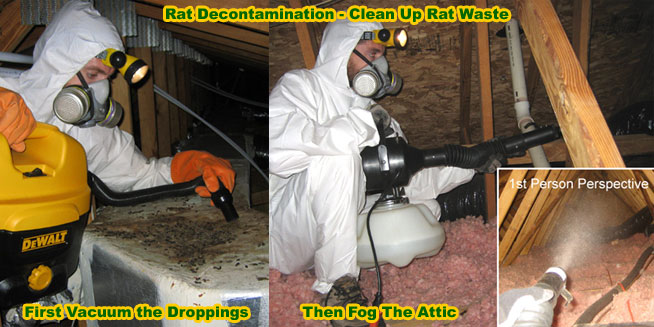
I don't do a full rat cleanup until I've solved the rat problem first. Once all the entry holes into the house are sealed, and once all the rats have been trapped and removed, then it's time to clean.
STEP 1 - VACUUM
Where possible, I vacuum out rat feces with either a portable vacuum cleaner as seen above, or a large industrial vacuum with a very long hose. It's only
feasible to do so on flat surfaces, such as ducts, or floor areas with no insulation. If I use a lower-power vacuum, I can suck up droppings off of bat
fiberglass insulation. That won't work with a strong vacuum.
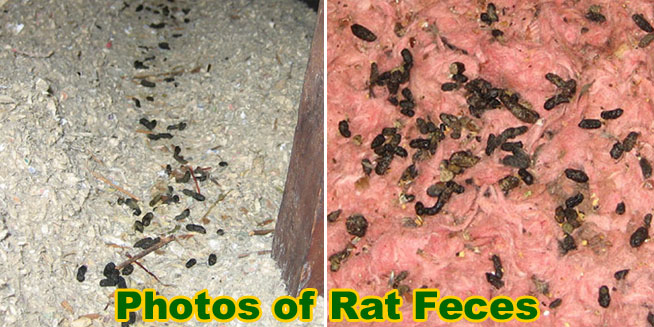
STEP 2 - REMOVE SOILED INSULATION
In areas where the insulation is really heavily soiled with droppings and urine, and beyond cleaning, I remove the insulation by hand and bag it. I install fresh
bat fiberglass insulation.
STEP 3 - FOG
After I remove the droppings and insulation that I can realistically remove manually, it's time to fog. There's no way to manually remove all rat droppings, and of course
one cannot remove urine and fur grease. Some of the droppings are down walls. Many are basically embedded in insulation. So the electric fogging machine that I have
covers every little nook and cranny of the attic. The cleaning product I like is called Bac-Azap, which is a blend of enzymes and cultured bacteria that eat away at
organic matter such as feces and urine, and it kills the odor and the bacteria and pathogens.
Other Considerations - Don't breathe in!
How to clean up rodent droppings in the attic
- Cleaning up after an infestation of rodents is not as easy as it may seem. Attic infestations usually mean an abundance of poop and urine waste, not something that you want to pick up one-by-one. Rodent waste is also something you should be very cautious of. A number of diseases can be transmitted through contact with rodent dropping, Hantavirus being one of them. This virus attacks the body, exhibiting symptoms similar to the flu. Close to half of the people who have contracted this disease into their lungs eventually die. Transmission is not just through touching rodent waste. If you use a vacuum or sweep too diligently with a broom, Hantavirus particles can be stirred into the air and inhaled. If you're faced with the task of cleaning up piles of rodent waste, wear gloves, eye protection, and a respirator mask. This may seem like extreme measures, but rodent cleanup is not worth risking your life. If possible, areas with an excess of droppings should be gently cleaned through hand-sweeping. Accumulated piles can then be scooped into a waste receptacle. Any insulation that has been soiled should be removed and replaced; it is not worth your time to attempt to pick out all of the fecal material. The less you stir up the waste material the better. When dealing with rodent droppings, quick and efficient cleaning without worrying about salvaging materials is the safest method.
What products to clean up rat urine?
Anytime you are cleaning up urine you should avoid dousing the area in bleach. Bleach is a wonderful product and has excellent indications for cleanup with rodent control; however, the reason jumping right to bleach is ill-advised is because bleach mixing with the ammonia in urine will create mustard gas. Mustard gas, if inhaled, will cause chemical burns within the lungs, resulting in permanent damage. If you value the ability to breathe without pain and agony, you should wash areas of urine with an enzymatic cleaner first. Enzymatic cleaners will break down the urine particles into inert substances. Once the area has dried, bleach can be used as a follow-up cleanser. Dawn dish soap is another effective cleaning agent prior to bleach usage. Dawn will not eliminate all of the germs and bacteria associated with the urine, but dawn will strip the area clean and allow the bleach to work more completely. Dawn is one of the most stripping soap agents available to the mass market. You should, of course, be very careful when cleaning up the waste of a rodent. Rat urine can contain harmful diseases like leptospirosis. If you are cleaning up a small amount of urine, the use of gloves is warranted. Larger cleanups should be done with eye and respiratory protection.
Read more:
What does rat feces look like? Where is it found?
Is rat feces dangerous to touch or breathe?
What kind of damage do rats cause in an attic?
How do I clean rat feces out of the attic?
